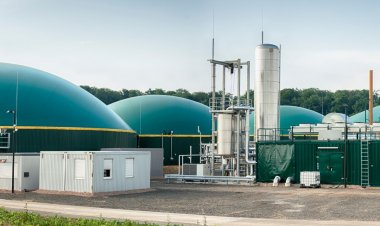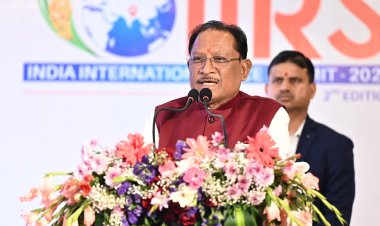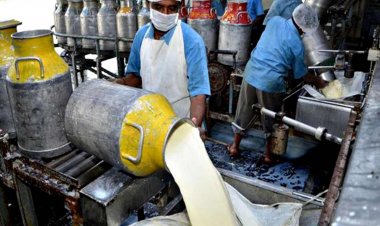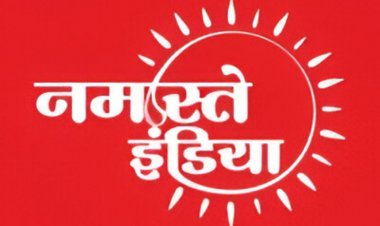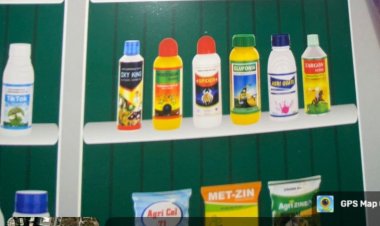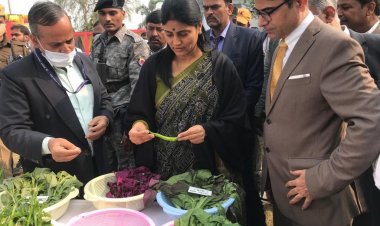DAP import price reaches at $620, lower imports may lead to shortage in Rabi season
The import of DAP at the current rates fixed by the Central Government is no longer viable for the fertilizer companies. This is the reason why the import of DAP decreased this year and apprehensions are arising regarding its availability for the Rabi season.
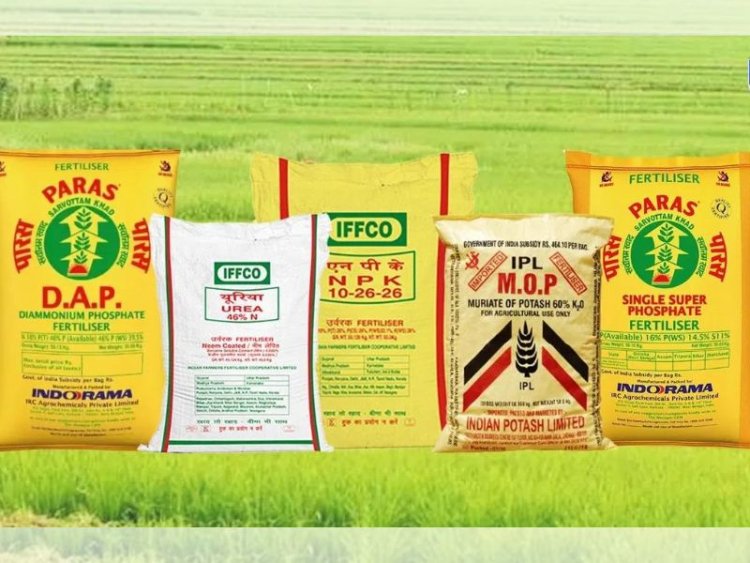
In the upcoming Rabi season starting in October, farmers may face increasing difficulties in obtaining di-ammonium phosphate (DAP). The rising global prices of DAP have led fertilizer companies to reduce their imports. DAP imports decreased by about 46% from April to June this year compared to the previous year. If imports do not increase within the next month, farmers could struggle with the availability of DAP for wheat and other Rabi crops.
The global price of DAP has reached $620 per tonne. This has made importing DAP at the current government-fixed rates of subsidy under the Nutrient Based Subsidy (NBS) scheme unviable for fertilizer companies. Consequently, DAP imports have declined this year, raising concerns about availability for the Rabi season. As a result, state governments have begun urging the central government to address the availability of DAP.
The central government sets subsidy rates for nitrogen (N), phosphorus (P), and potash (K) for non-urea (decontrolled) fertilizers under the NBS scheme. In complex fertilizers, subsidies are provided per tonne based on their nutrient content. After urea, DAP is the most consumed fertilizer in the country. For the Kharif 2024 season (April 1 to September 30), the government is providing a subsidy of Rs 21,676 per tonne on DAP. New NBS rates for the Rabi season, effective from October 1, 2024, to March 31, 2025, may be announced soon.
The Economics of DAP Import
The import price of DAP at current global rates is around Rs 52,000 per tonne. Additionally, handling and bagging costs add approximately Rs 5,000 per tonne, bringing the total import cost to about Rs 57,000 per tonne. Even with the Rs 21,676 per tonne subsidy and a selling price of Rs 27,000 per tonne (based on an MRP of Rs 1,350 per 50 kg bag), companies importing DAP are facing a loss of about Rs 8,000 per tonne.
Rising Prices Since May
In April this year, DAP prices had fallen below $500 per tonne. However, prices began rising in May. A government fertilizer company made an import deal in May at $528 per tonne. Prices continued to increase, and in June, another government fertilizer company faced a price of $575 per tonne in a tender, which the company ultimately cancelled. Moreover, in late June, China, one of the largest exporters of DAP, halted its exports.
Hopes Pinned on Subsidy Increases
Industry sources suggest that the government may increase the subsidy on DAP, which has led to some ongoing imports. Recently, Indian companies made deals with Morocco's OCP, one of the world's largest DAP exporter, to import about five lakh tonnes of DAP at $620 per tonne. However, if the government does not increase the DAP subsidy, there may be a shortage of DAP for farmers in the Rabi season. DAP is crucial during crop sowing, making the next two to three months critical for its availability.
State Governments' Concerns
Given the situation, state governments have begun meeting with the central government to discuss DAP availability. According to sources, officials from Punjab, one of the highest DAP-consuming states, met with Agriculture Ministry officials in Delhi this week to address supply concerns. The Punjab government is particularly worried about ensuring adequate DAP availability during the Rabi season.
Fertilizer industry sources warn that if companies do not secure import deals soon, there may be a DAP shortage by the Rabi season. After deals are made, it takes one and a half to two months for imported fertilizer to reach retail shops for farmers. Additionally, tensions in Central Asia have increased shipping times. In light of these challenges, the central government will need to take measures to ensure timely DAP availability.



 Join the RuralVoice whatsapp group
Join the RuralVoice whatsapp group


















